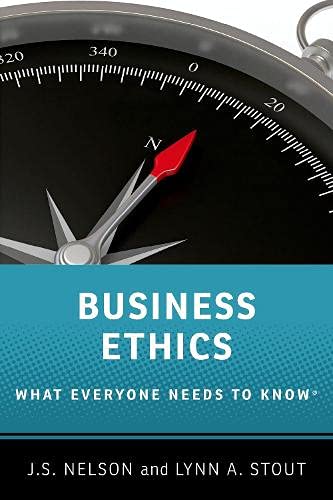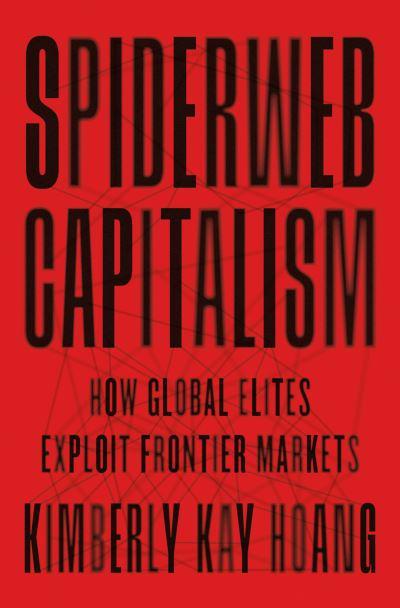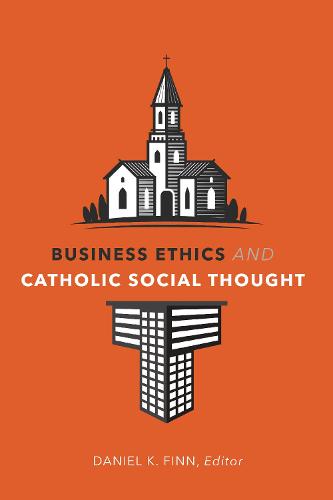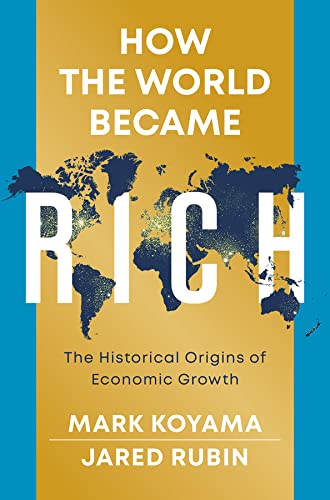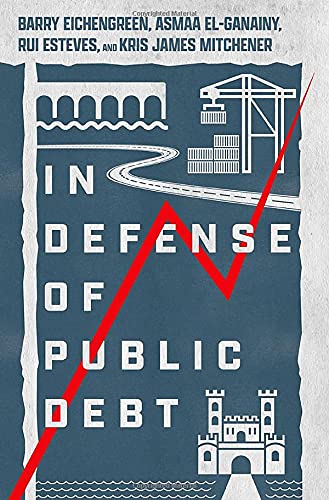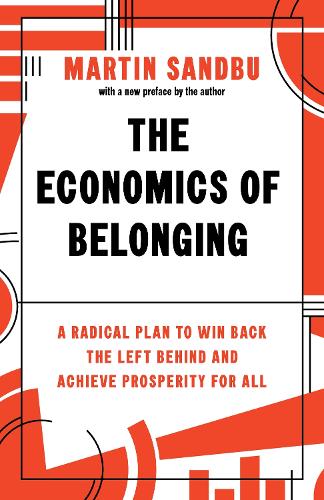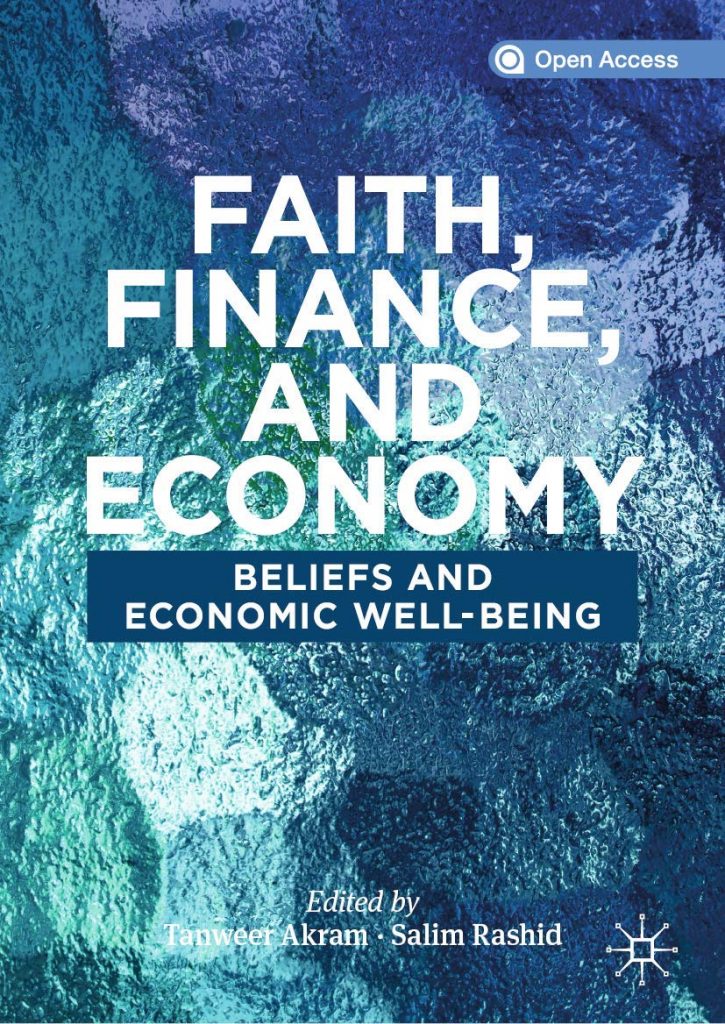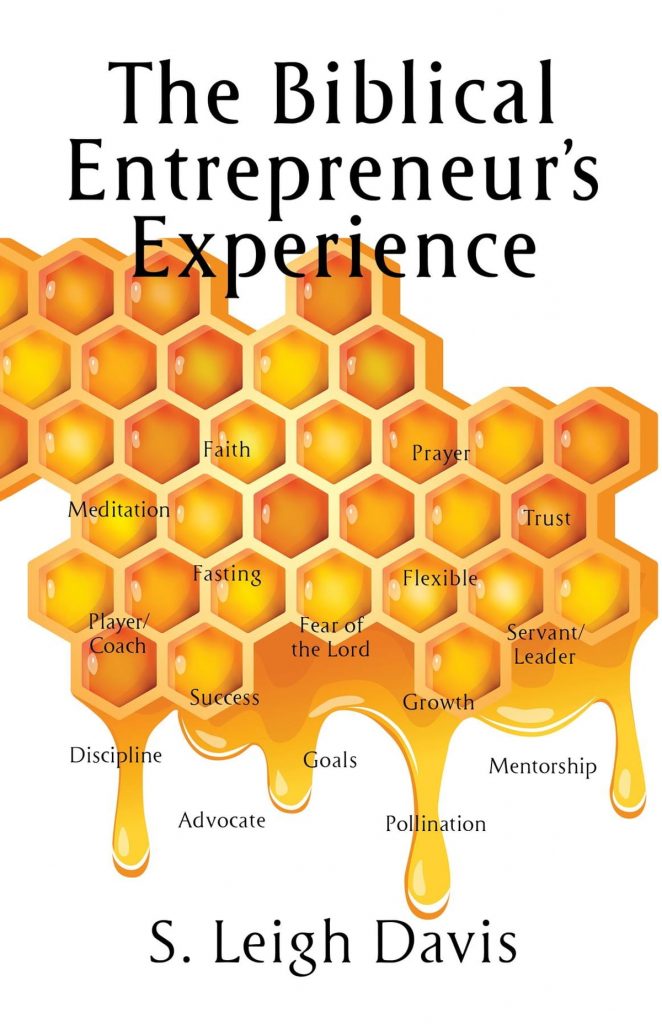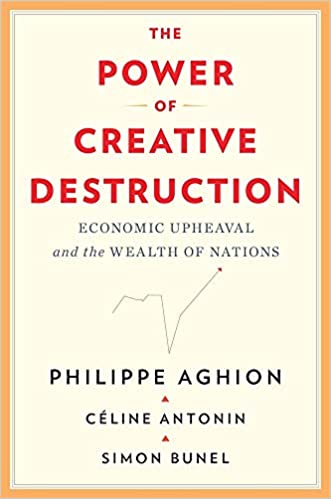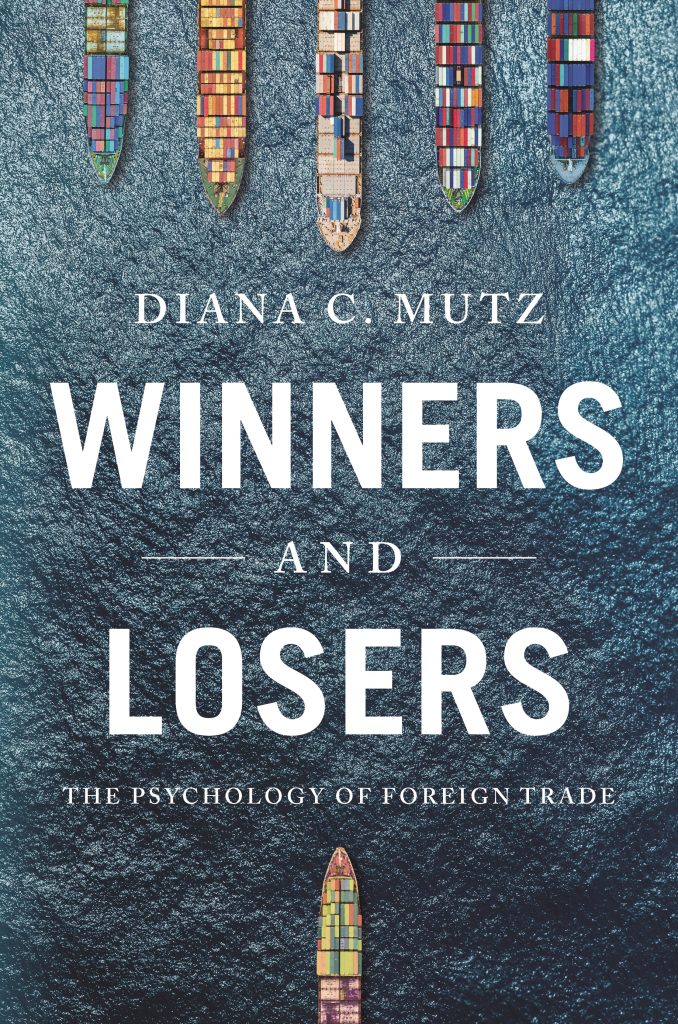Andrei Rogobete: “Business Ethics: What Everyone Needs to Know” by J. S. Nelson and Lynn A. Stout
Business Ethics: what everyone needs to know by Josephine Nelson and Lynn Stout brings a distinctive angle to the discussion by interweaving the field of business ethics with components of law and legal practice. It also branches out into wider peripheral subjects such as philosophy, psychology, and organisational management. Josephine Nelson is Professor of Law...

